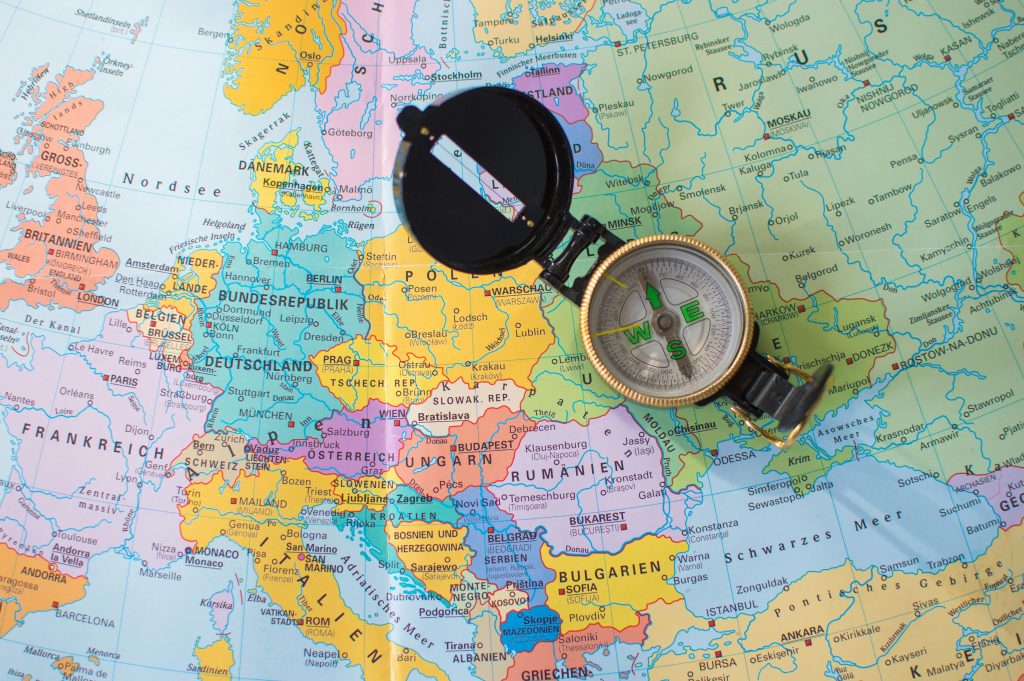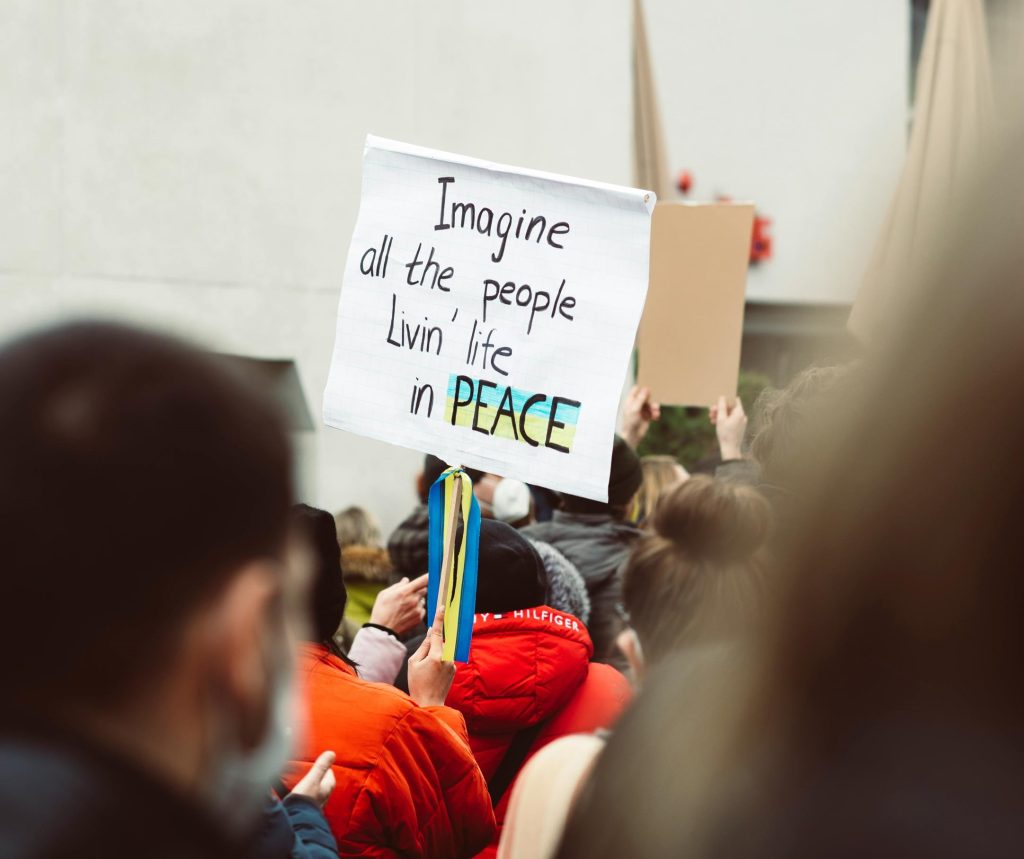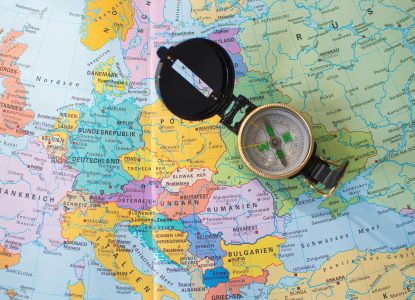By JoAnne Wadsworth, Communications Consultant, G20 Interfaith Forum
— —
On October 24, 2024, the International Academy for Multicultural Cooperation and the G20 Interfaith Forum hosted a webinar examining the Ukraine-Russia conflict. The session brought together experts to discuss the historical context, current challenges, and potential pathways to peace in a conflict that has deep cultural, economic, political, and religious dimensions spanning over a thousand years of shared history.
The webinar featured John Packer, Neuberger-Jesin Professor of International Conflict Resolution at the University of Ottawa and Director of the Human Rights Research and Education Center, and Jonathan Granoff, President of the Global Security Institute and Senior Advisor to the United Nations World Summit of Nobel Peace Laureates. The session was moderated by Audrey Kitagawa, President of the International Academy for Multicultural Cooperation and Chair of the G20 Interfaith Forum Anti-Racism Initiative.

Opening Context: Audrey Kitagawa
The moderator provided crucial historical context, noting that Ukraine and Russia’s shared heritage dates back over a millennium to when Kyiv was the center of the first Slavic state. She highlighted how Ukraine’s position as the second most powerful Soviet republic and its decision to become independent in 1991 profoundly impacted regional dynamics.
Kitagawa also emphasized the complex internal divisions within Ukraine, where the Eastern regions have historically been more Russian-speaking and Orthodox, while Western regions tend to be Ukrainian-speaking and Catholic, creating factional fault lines that complicate diplomatic efforts.
John Packer: Legal and Historical Framework
John Packer, Director of the Human Rights Research and Education Center at the University of Ottawa, focused on the legal implications of the conflict and the failure of international agreements. He emphasized that while historical context helps explain current situations, it doesn’t legally justify violations of international law and territorial sovereignty.
Packer traced the evolution of post-Cold War agreements and highlighted missed opportunities for strengthening Ukrainian democracy in the 1990s. He particularly emphasized how the international community’s failure to adequately support Ukraine’s institutional development left it vulnerable to external pressures.
“We need to be very careful that we don’t throw the baby out with the bathwater here. We’re now at risk of losing entirely the normative framework which underlies not only the relations between East and West, Russia, Ukraine, and so forth, but the entire international order.”
Jonathan Granoff: Nuclear Threat and Trust Building
Jonathan Granoff, President of the Global Security Institute, addressed the existential risks posed by the conflict, particularly regarding nuclear weapons. He emphasized the erosion of trust between nations and the dangerous implications of nuclear rhetoric.

Granoff provided historical context for Russian security concerns, detailing centuries of invasions and conflicts that have shaped Russian strategic thinking. He stressed the urgent need for dialogue and trust-building measures, even in the face of significant ideological differences.
“We cannot win a war with Russia. We have to realize that we’re in an integrated world. Our fates are tied together whether we like it or not, and thus we have to make that long-term political commitment, as distasteful as it might be for some people who demonize countries.”
Q&A Highlights
Key discussion points included:
- Rebuilding trust in international agreements
- The role of citizen diplomacy in conflict resolution
- The importance of maintaining dialogue despite political differences
- Addressing the risk of nuclear escalation
- The potential for civil society initiatives in peace-building
Key Points
- The conflict represents a fundamental breach of international law and established agreements
- Historical context helps explain but doesn’t justify current actions
- Trust-building and dialogue are essential, even in challenging circumstances
- Nuclear risks make conflict resolution an existential imperative
- Civil society has a crucial role in building bridges between nations
Conclusion
The webinar highlighted the critical need for renewed diplomatic efforts while acknowledging the complex historical and contemporary factors that make resolution challenging. Speakers emphasized that despite current tensions, dialogue and trust-building remain essential for preventing escalation and finding a path to peace.
— —
JoAnne Wadsworth is a Communications Consultant for the G20 Interfaith Forum Association and Editor of the Viewpoints Blog


